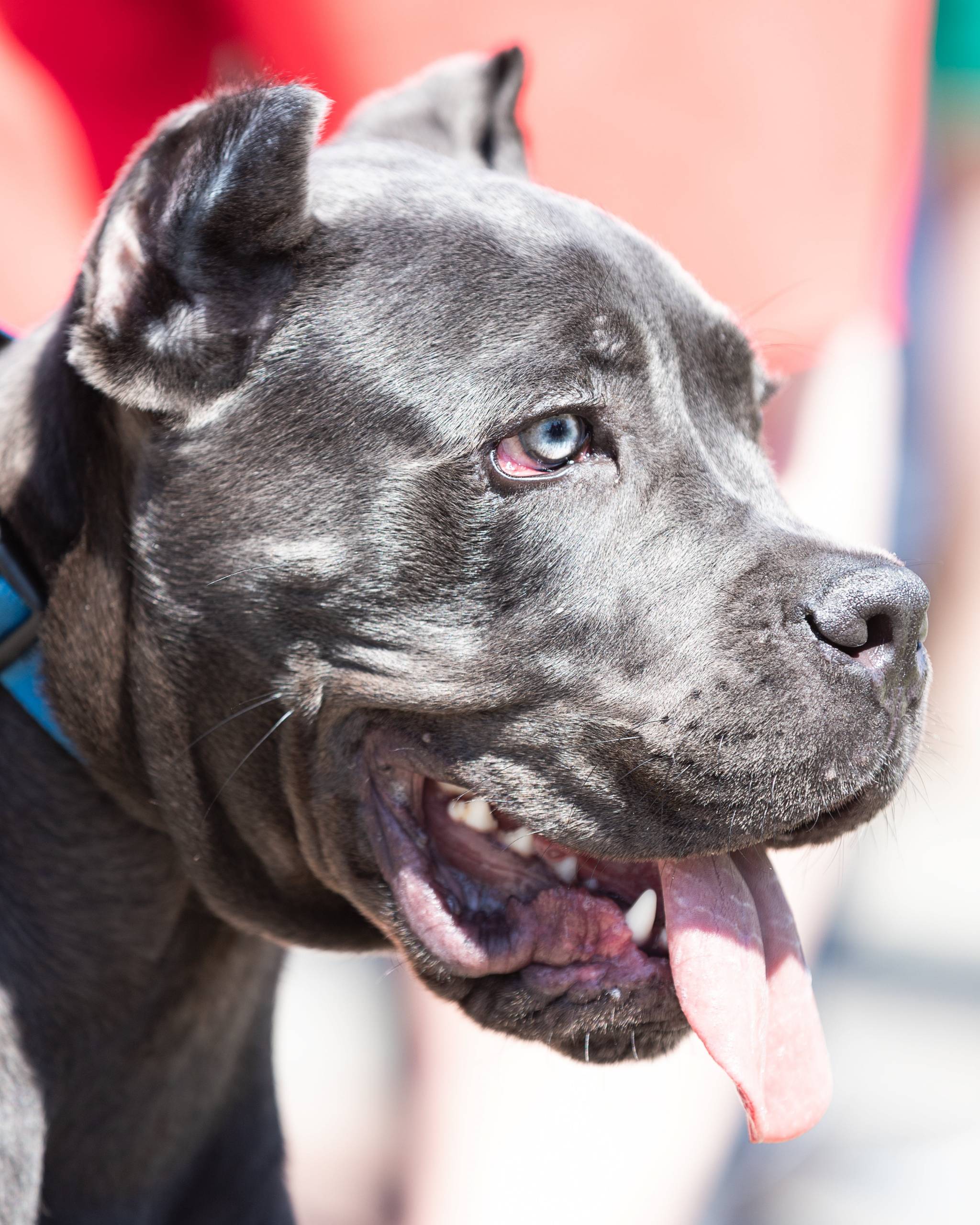Many dog owners face a moment of panic when they discover their pet has indulged in something harmful. Chocolate is a common threat. While it delights people, it poses serious risks for dogs. Recognizing the dangers associated with chocolate consumption is crucial for keeping your furry friend safe.
Toxic Ingredients in Chocolate
Chocolate contains theobromine and caffeine, both of which are toxic to dogs. Unlike humans, dogs metabolize these substances slowly, which can lead to severe health issues. Theobromine levels differ by chocolate type: dark and baking chocolate have much higher concentrations than milk or white chocolate. Even small amounts can be dangerous, so it’s vital to take immediate action if you suspect your dog has eaten chocolate.
Symptoms of Chocolate Poisoning
The effects of chocolate poisoning vary based on the type and amount consumed, as well as the dog’s size. Symptoms may include vomiting, diarrhea, increased heart rate, restlessness, and excessive thirst. If your dog shows any signs after chocolate consumption, contact a veterinarian right away. Sometimes symptoms take hours to appear, so close monitoring is essential.
In severe cases, chocolate ingestion can lead to tremors, seizures, or even death. Smaller dogs are particularly vulnerable; even a small quantity of chocolate can have serious repercussions. It’s wise to assume that any chocolate can be harmful.
Assessing the Situation
If your dog has eaten chocolate, first determine how much was consumed and the type. Knowing your dog’s weight and the chocolate type will aid in assessing the risk. Many veterinarians have resources to evaluate the situation based on these details. If possible, take a sample of the chocolate or its packaging when visiting the vet, as this information can be helpful.
When you call your veterinarian, provide details about your dog’s size, the type of chocolate, and the estimated amount ingested. The vet may suggest inducing vomiting, especially if the ingestion occurred recently, which can help prevent further absorption of theobromine. An examination may be necessary if symptoms are present or if the severity is uncertain.
Prevention Measures
Preventing chocolate poisoning starts with keeping chocolate out of your dog’s reach. This includes proper storage and not leaving chocolate unattended on counters or tables. Educating family members, particularly children, about the dangers of chocolate for dogs can help prevent accidental ingestion.
Many other foods are toxic to dogs, including grapes, raisins, onions, garlic, and macadamia nuts. Familiarity with these hazards enables you to create a safer environment. If your dog tends to scavenge, consider extra precautions.
Providing safe alternatives can also benefit dogs that have a habit of eating undesirable items. Numerous dog-friendly treats can satisfy their cravings without risking their health. Training your dog to avoid certain foods using positive reinforcement can be effective.
Dealing with Chocolate Ingestion
If your dog ingests chocolate, the situation can be stressful for any owner. Knowing the risks and steps to take can alleviate some anxiety. Your veterinarian is there to assist and provide the necessary guidance based on the specific circumstances.
If treated for chocolate poisoning, a veterinarian may administer activated charcoal to help absorb theobromine and prevent its entry into the bloodstream. In more severe cases, hospitalization may be necessary for monitoring and supportive care, such as intravenous fluids to help eliminate toxins.
Recovery from chocolate poisoning varies. Some dogs may recover quickly with appropriate treatment, while others require more time and care. Your veterinarian will give you post-treatment care instructions, which may include monitoring for lingering symptoms and ensuring your dog remains calm and comfortable.
Stay Informed and Vigilant
As a responsible dog owner, staying informed about safe and unsafe foods is essential. Proactive measures help prevent emergencies and ensure a healthy, happy life for your dog. Regular veterinary check-ups are crucial for maintaining your dog’s health and identifying potential issues early.
In the unfortunate event of chocolate ingestion, keeping calm and taking prompt action can significantly affect the outcome. Knowing what to do and having a plan can help you manage this stressful situation. Always prioritize your dog’s safety by keeping chocolate and other harmful foods out of reach, educating your family, and remaining vigilant about your dog’s access to potentially dangerous items. Understanding the risks associated with chocolate is a vital part of responsible pet ownership. By staying informed, you can protect your furry companion from harm and ensure a loving, joyful life together.



